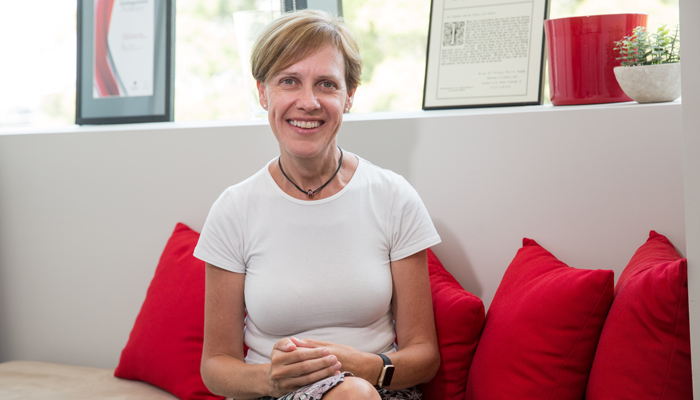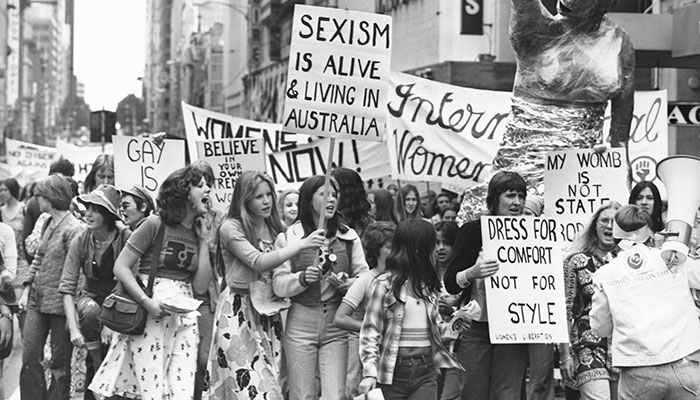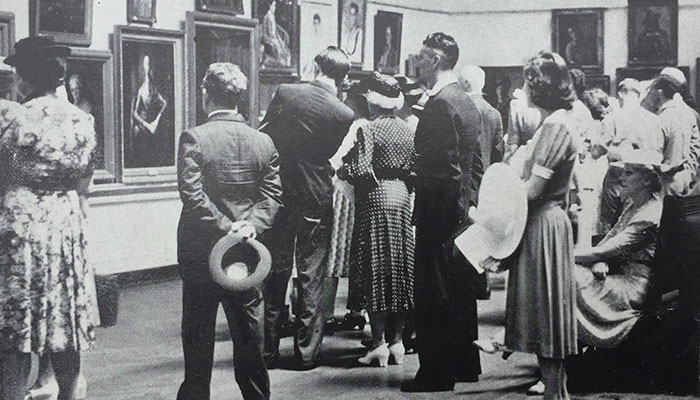Australian authors earn less from their books on average than they would on a Centrelink pension, and most rely either on other work or a partner to support themselves.

A national survey of 1,000 authors who had one or more books published over their career revealed they earned an average $18,200 a year from writing books. About 40 per cent relied on their partner’s income, while 40 per cent depended on income from a job related to being an author that didn’t directly lead to production of a creative work.
“This is really not enough to live on,” says Dr Paul Crosby, senior lecturer in Macquarie University’s Department of Economics and co-author of the 2022 National Survey of Australian Book Authors. “How much talent are we missing out on when most people discover they can’t make ends meet with a career as an author? How will this affect Australia’s literary future?”
About 16 per cent of authors lived on unemployment benefits or other government benefits, while about 10 per cent said they depended on credit card debt to make ends meet.
“This survey is an indication of survivorship,” says Crosby “If you're not an established, best-selling author it's difficult to stay afloat in the industry. People may have tried it for a year or two, and they just weren’t able to find support and had to turn to some other income source to live.”
Authors are motivated and resourceful
The survey showed that authors draw on their colleagues, readers, family and friends for support and motivation. One author responded in the survey: “I find the small community of Australian writers and publishers a very heartening place to be. Sharing successes and humiliations with my writer/publisher friends is always a pleasure.”
Reader reviews are increasingly important for promoting authors’ work: three-quarters of authors say this is important.
The good news is that the data show Australians still have the opportunity to become a book author for the first time at a later age.
And despite tough conditions and setbacks from the pandemic, the researchers were struck by how positive authors are about their publishers. One genre fiction author responded “Covid has put strain on us all and they have done a great job through it.”
Older authors dominate
The survey — funded by the Australia Council for the Arts and the Copyright Agency’s Cultural Fund — found that two-thirds of book authors are women. The majority of children’s authors are female (81 per cent) followed by authors of genre fiction such as crime and romance (75 per cent), non-fiction (70 per cent), and literary fiction (70 per cent).

Book authors are also relatively older than the Australian population. Only 13 per cent of book authors are under 40 years old, with 43 per cent of responding authors aged 40-59 years, and 44 per cent aged 60 and above.
“The good news is that the data show Australians still have the opportunity to become a book author for the first time at a later age,” Crosby says.
A quarter of authors regard themselves as full-time professional writers and nearly one-third as part-time. The highest proportion of full-time professional authors is among writers of children’s books (34 per cent), followed by genre fiction (31 per cent) and literary fiction (27 per cent).
Traditional publishing houses were the main publisher for three-quarters of the authors in the survey, while one quarter self-published their books.
Using data for change
The survey results are already having an impact. Federal Minister for the Arts, The Hon Tony Burke MP, recently drew on the survey results in a speech to the Australian Society of Authors, and Crosby says his team hopes the research findings will contribute to the preparation of the National Cultural Policy which is soon to be released.
“We hope our data will inform policy,” he says. “With a new government and a new outlook, this is an opportunity for change.”
Crosby observed there is a range of policy and program tools available to the government. These could include writing fellowships and residencies, and extending lending right payments to include digital formats such as ebooks and audiobooks.
Increasing the number of programs targeted at writers from diverse backgrounds would also broaden the variety of authors’ voices heard and stories told, Crosby says. Three-quarters of the authors surveyed were born in Australia, which includes Indigenous authors, while 96 per cent spoke English as a first language.
Dr Paul Crosby is a senior lecturer in the Department of Economics, David Throsby is a Distinguished Professor of Economics and Dr Jan Zwar is research manager in the Macquarie Business School.



